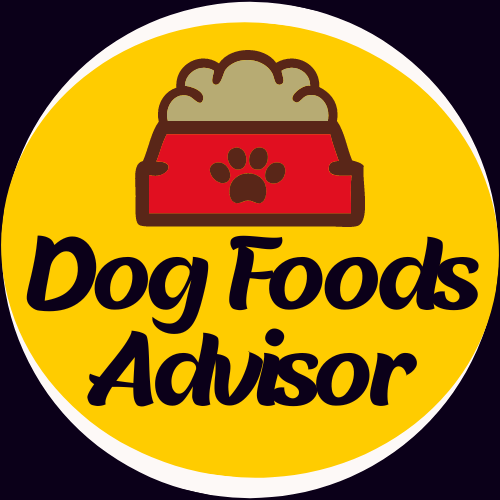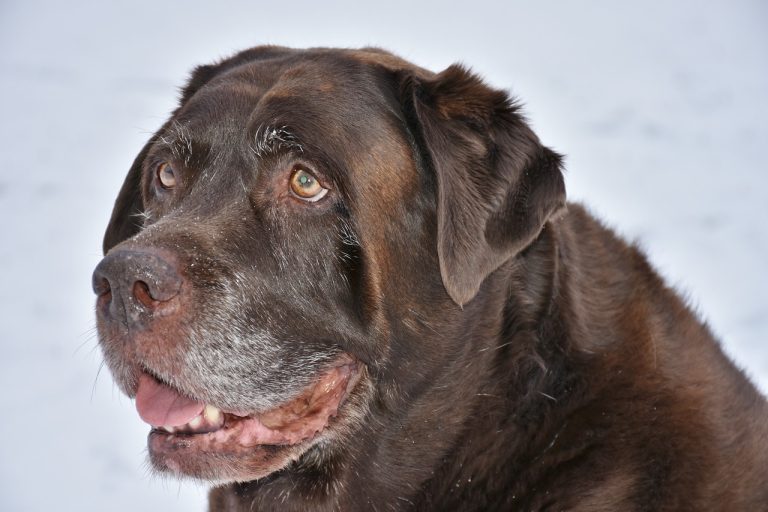Understanding the unique nutritional needs of senior dogs
As our furry companions age, their nutritional needs change too. Just like humans, senior dogs require special attention when it comes to their overall health and well-being. Knowing how to cater to your mature pup’s dietary needs is crucial in ensuring they live a happy and healthy life.
From maintaining muscle mass to preventing cognitive decline – we’ve got you covered on everything you need to know about feeding your senior dog for optimal nutrition. So buckle up, grab a snack (for yourself) and let’s dive into the unique nutritional requirements of our beloved canine seniors!
Table of Contents
- What is the Nutritional Needs of Senior Dogs?
- Types of Senior Dog Diets
- Why Feed a Senior Dog a Diet?
- The Benefits of Feeding a Senior Dog a Special Diet
- Recipes for Senior Dog Food
What is the Nutritional Needs of Senior Dogs?
As a pet parent or pet owner, you may be wondering what the nutritional needs of senior dogs are. In general, senior dogs require more calories and fat than puppies or adult dogs of the same size. Their metabolisms have slowed down, meaning they need more food to maintain their body weight. Senior dogs also need more proteins and other essential nutrients for muscle maintenance and support.
Some common foods that seniors can enjoy include meaty treats like kibble, canned dog food with lower calorie levels, eggs, chicken breasts or cooked fish, yogurt, cottage cheese and fresh fruits and vegetables. Feeding your senior dog a healthy diet will help supplement their regular vet visits and help keep them healthy overall!
Types of Senior Dog Diets
- Nutritional Needs of Senior Dogs: As a dog ages, their body composition and organ function begin to decline. This can create unique nutritional needs that must be taken into account when feeding your senior pet. There are three key areas to focus on when providing nutrition to a senior dog: weight, liver health, and cardiovascular health.
- Weight Management: Most dogs aged 6 months or older will experience some weight gain as they age. While this is natural, it’s important to keep in mind that your senior dog shouldn’t be overfed. Overweight dogs tend to have more health problems down the road, including heart disease and arthritis. Feeding a moderate amount of fresh food each day and avoiding processed foods will help ensure that your senior dog stays healthy and retains their weight.
- Liver Health: Given that most seniors suffer from occasional liver issues such as hepatitis, their diet plays an important role in preventing these problems. A high-quality diet that includes lots of fresh fruits and vegetables can help protect your senior dog’s liver from damage. In addition, supplementing your senior dog’s diet with liver supportive supplements can also help protect them from developing chronic liver diseases later in life.
- Cardiovascular Health: Aging leads to a decrease in the production of cholesterol and other fatty acids which can lead to a decreased ability to combat heart disease effectively. It’s therefore important for seniors’ diets to include high levels of omega-3 fatty acids (such as those found in fatty fish) and other plant-based heart health supplements. Feeding your senior dog a balanced diet that includes both meat and plant-based products will help to ensure that their cardiovascular system remains strong.
Why Feed a Senior Dog a Diet?
Feeding a senior dog a diet made specifically for them can help keep them healthy and happy. Remember, seniors are often more prone to illnesses because their immune systems are weaker. A well-rounded diet that includes things like proteins, quality carbohydrates, and fiber can help keep your senior dog feeling strong and energetic.
Additionally, some vitamins and minerals may be lost as they age, so feeding them supplements may also be necessary. Here are five reasons why feeding a senior dog a diet is important:
- A well-balanced diet is essential for both their health and wellbeing. A senior’s immune system is often weakened which makes them more susceptible to illness, so including plenty of protein, good carbs and fiber in their diet is key. Protein helps maintain muscle mass while good carbs provide energy. Fiber helps to keep the intestinal tract clean and functioning properly – something that becomes increasingly important as they age.
- Supplements can be necessary if a senior’s diet does not include enough of certain nutrients or if they have difficulty absorbing certain vitamins or minerals from food. For example, calcium needs calcium to work properly in the body and low levels of this vital mineral can cause bone fractures or weakness in the knees (a common problem with seniors). Vitamins D3 and K2 are necessary for strong bones; however, most seniors don’t get enough of these vitamins from their regular diet. Adding supplements to their food can help make up for deficiencies.
- Feeding a senior dog a balanced diet will help keep their weight down. obesity is a major problem in America, and as we get older it becomes even more difficult to lose weight. A senior dog’s diet should be designed to maintain their weight rather than shift it around – giving them plenty of good proteins, carbs and fiber while keeping their calories in check.
- Feeding a senior dog a good diet will help keep their coat looking good. One of the most common problems with senior dogs is hair loss. By feeding them a diet that is high in proteins, good carbs and fiber, they can help to maintain their hair coat and keep themselves feeling clean and fresh.
- Older dogs are often less active than younger dogs, so including enough exercise in their day is important. Taking them for walks or playing fetch can be great ways to provide them with the physical activity they need and keep them feeling mentally stimulated too!
The Benefits of Feeding a Senior Dog a Special Diet
Feeding a senior dog a special diet can provide many health and life benefits. A high-quality diet that meets the nutritional needs of seniors can help prevent health problems, help keep them feeling energetic and alert, and may even extend their lifespan.
To ensure that your senior dog is getting the most appropriate nutrition, consider feeding a diet high in protein and low in carbohydrates. This will help to maintain muscle mass and conserve energy.
Other important nutrients for senior dogs include healthy fats, vitamins, minerals and antioxidants. Some good feeds that meet these requirements include chicken or lamb meal, salmon oil supplements, or a grain-free hybrid pet food.
Recipes for Senior Dog Food
There are many recipes for senior dog food available online, and in books. There are also many foods that can be made specifically for senior dogs with special needs. Here are a few recipes to get you started:
‘Basic Adult Dog Food’
- 1 cup of cooked white rice
- 3 cups of finely chopped raw meat or poultry
- 1/2 cup of oatmeal or cooked quinoa
- 1 tsp. of garlic powder
- 1/2 tsp. of onion powder
- Dash of black pepper
- Large pinch either sea salt or Himalayan salt (to taste)
Optional: 1 carton (42 oz) of low-fat milk, stirred into the food at serving time. Pour milk over as much food as desired for a wetter consistency
This is a basic recipe that can be customized to include different proteins, vegetables, and fruits. Be sure to consult your veterinarian before making any changes to your dog’s diet.
Once you’ve chosen a recipe, it’s important to make sure the ingredients are balanced and nutritious for your senior dog. Senior dogs need more carbohydrates than young or middle-aged dogs; they also need more protein and less processed food.
To give your dog the best possible nutritional start in life, avoid feeding them foods high in sugar or sodium chloride (salt). It’s also helpful to mix their new diet gradually into their current diet over several days or weeks to avoid creating vomitting or diarrhea problems.
Conclusion
As we get older, our nutritional needs change. This can be a big challenge for many of us, as we often rely on processed foods to meet our daily needs. Fortunately, there are several options available to help us meet the unique nutritional needs of senior dogs.If you’re looking to feed your senior dog a diet that is tailored specifically to their age and health condition, our team at Dog Food Advisor can help you find the perfect food for them.
Thank you again for reading! We hope that this article has helped you understand the unique nutritional needs of senior dogs and given you some helpful information on how best to provide them with the nutrients they need. If you have any questions or would like more advice on feeding a senior dog, please don’t hesitate to contact us at Dog Food Advisor.




